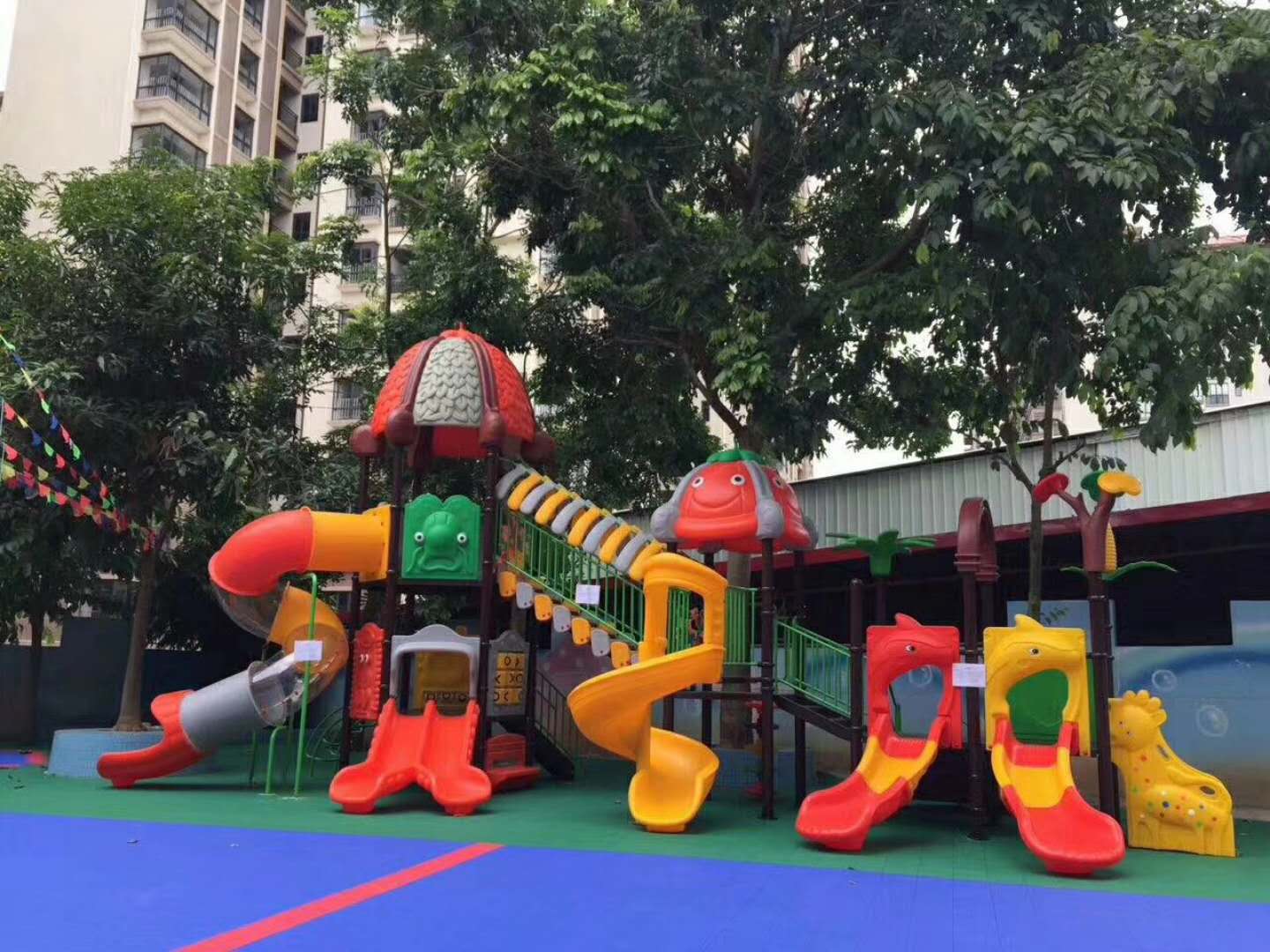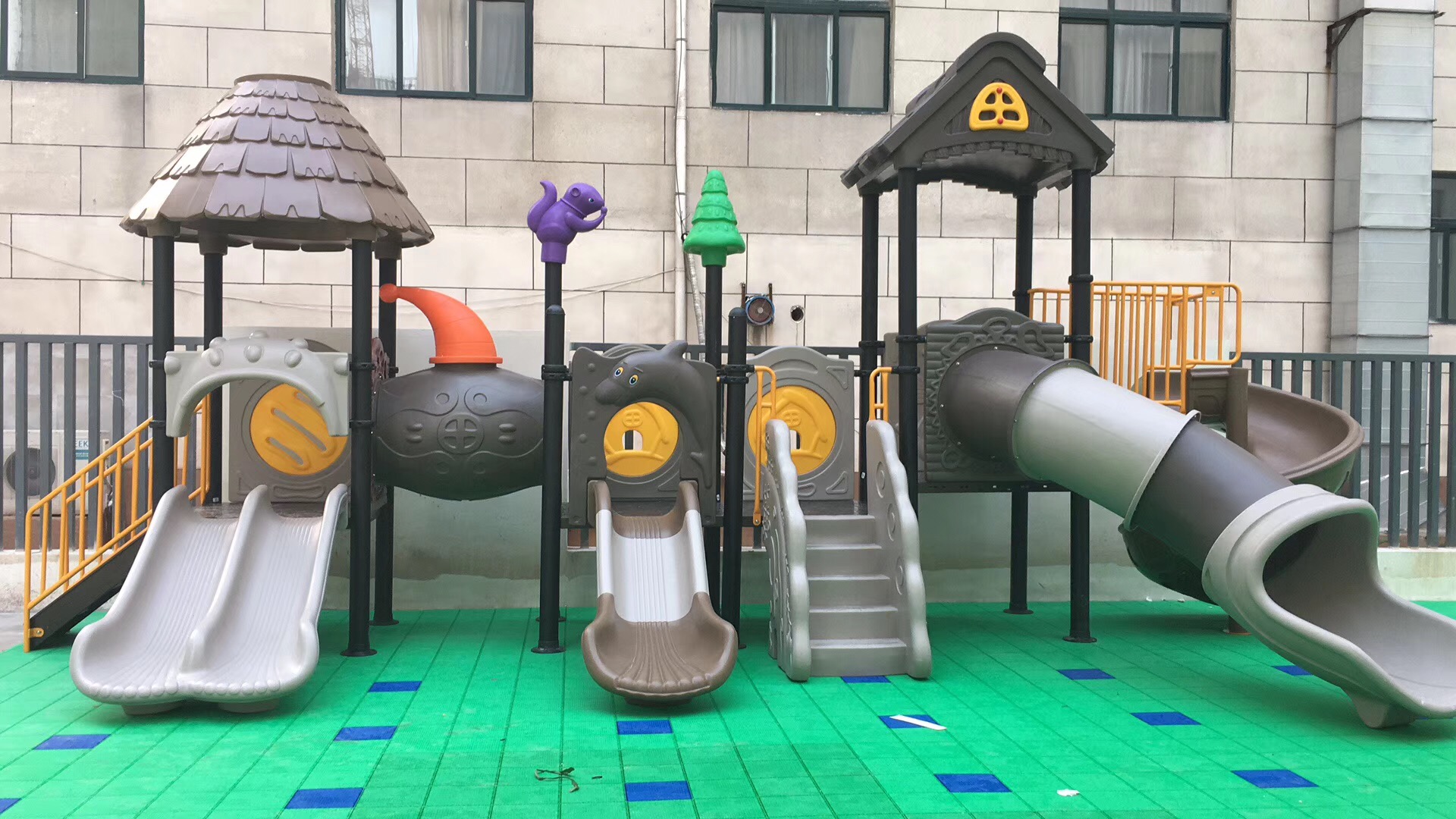Why the Outdoors is the World's Greatest Playground
Date,2019-10-31 Browse volume:2037
“Play is a primary way that children learn about themselves and the world around them,” says Sir Ken Robinson, a leading expert in education, creativity and human development. “The failure to play is now a critical issue and it calls for concerted action for change,” he warns. Many would agree, and this is the driving force behind Outdoor Classroom Day—a global teacher-led campaign, supported by Unilever’s Dirt is Good brands including OMO, Persil, and Skip.

With over half of children spending an hour or less a day playing outside, that’s less than an average maximum-security prisoner in America, Dirt is Good wants to encourage children to reconnect with Real Play out of doors—not only at home but also at school. Outdoor Classroom Day, taking place on 17th May and 1st November this year, will see schools around the world swap the inside for the outside and take learning into the playground and beyond to make playtime a key part of the school day. This might involve using natural objects like twigs and stones to do sums, building a den to encourage teamwork, or going on a bug hunt to stimulate curiosity.
Whatever the activity, Outdoor Classroom Day is reasserting the importance of outdoor learning and play with the goal that children will spend more time outside in the world’s greatest playground. And with Unilever’s help, Outdoor Classroom Day has grown from a grassroots movement to a global campaign that is expected to involve five million children and over 40,000 schools from all around the world in 2018.
This is helping to change the trend that sees many schools selling up or building on their playgrounds and cutting back on playtime to make more room for academic studies, while at home children’s lives are increasingly filled with organized activities intended to help them learn. Today’s population spends 90% of its time indoors and globally 61% of parents surveyed in the Dirt is Good Qualitative Study said that children don't know how to play without using technology.

Through Outdoor Classroom Day schools are helping to address this, leading by example and positively influencing the way teachers and policy makers shape children’s days. As Sir Ken Robinson says, “Children must have time, space and permission to engage in a variety of play in order to maximise the developmental benefits that play offers.” Outdoor Classroom Day is making this happen, with 22% of participating schools having increased their playtime since joining the campaign.
For many children playtime is the best part of the school day: perhaps surprisingly it can also be one of the most important. Scientific studies show that Real Play—the active, physical, self-directed play that makes school yards appear so chaotic—is critical to children developing key life skills that are not taught elsewhere. Few would question the value of cultivating resilience, creativity, leadership, resourcefulness, and curiosity—all skills learned through the energetic and unstructured interaction of kids with each other and their surroundings.
Outdoor Classroom Day recognizes the need for this. Science is proving the importance of play on children’s cognitive, physical, social, and emotional development. Play also inspires creativity, with a recent study revealing a strong and significant link between creative problem-solving and heightened activity in the cerebellum, the area of the brain controlling movement. 93% of teachers surveyed for Outdoor Classroom Day saw improvements in children’s creativity after playing outside, and 97% believe that time outdoors is critical for children to reach their full potential.
This is the message that Dirt is Good is committed to sharing with parents and educators around the world. By supporting Outdoor Classroom Day, schools are being encouraged to prioritize the outdoors and put playtime back on the curriculum. Because far from being trivial and unproductive, play is crucial in our efforts to produce happier and smarter children. “There is a powerful relationship between active, physical play and the development of healthy minds,” says Sir Ken Robinson, before reminding us of the essential truth: “Children are naturally programmed to move, run, touch, collaborate and play together, so active play should be part of every child’s daily life.”

Recommending news
- What are the advantages of children's trampoline, popular with children's playgrounds
- Indoor playground Failure Experience: Summary and Lessons
- What are the children's slides that are more popular with children?
- Why the Outdoors is the World's Greatest Playground
- How does naughty castle children's playground do marketing? What are the publicity methods?
